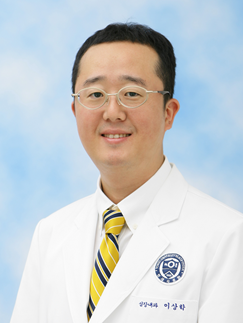A Korean study showed statin therapy, traditionally used to treat high cholesterol, “remains far from satisfactory,” being effective in only 28 percent of the studied population, Severance Hospital said Thursday.
“Although several studies reported results of this practice [of statins] in patients with familial hypercholesterolemia, studies on treatment with a predefined protocol, like ours, have not been available. In this regard, our results provide rare and informative data on familial hypercholesterolemia treatment, particularly in Asian patients,” it said.

A research team led by Professor Lee Sang-hak from Severance Hospital pooled 146 people with familial hypercholesterolemia (FH) from nine hospitals in Korea from 2009 to 2013. The study attempted to uncover how much LDL-cholesterol (bad cholesterol) could be lowered when administrating a statin alone or as a combination therapy at the highest dose.
Analysis of data from 90 FH patients that stuck to the treatment regimen of either rosuvastatin or atorvastatin showed only 28 percent (25 out of 90 people) achieved an LDL-cholesterol level below 100 mg/dL after 12 months.
Results also indicated that less than half achieved an LDL-cholesterol reduction of more than 50 percent, showing statin therapy to be “not sufficient,” the researchers said.
“We need to recognize that the current main treatment for FH patients may not be sufficient. The study helps point out the need to create a plan to lower cholesterol more aggressively and the importance of preventing potential cardiovascular diseases in FH patients,” the researchers wrote.

